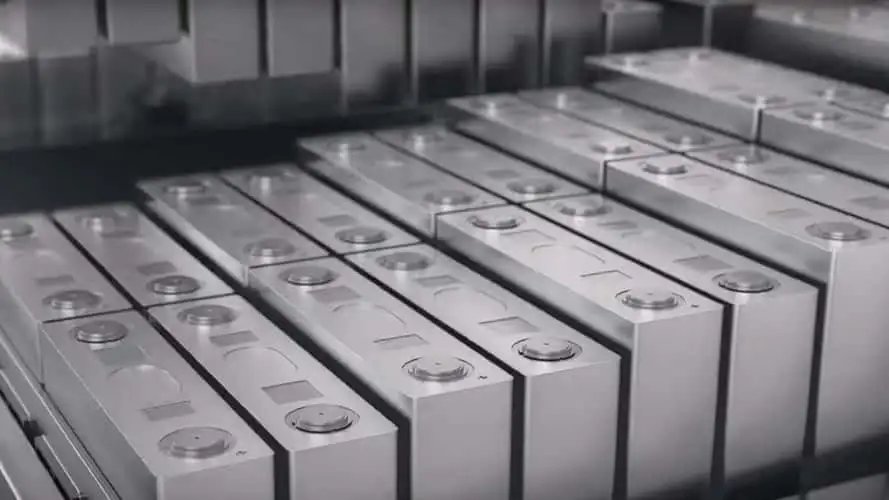‘He Doesn’t Know How To Make A Battery’: China’s CATL Chief Blasts Elon Musk

CATL is the world's largest battery maker. Its founder and chief, Robin Zang, blasted Tesla CEO Elon Musk for his bet on the 4680-type cylindrical cell. CATL supplies cells to Tesla's Shanghai Gigafactory and specializes in LFP batteries.
Tesla placed a big bet back in 2020 when it announced that it was developing a new battery cell format. The 4680 battery, as it’s known, powers the Cybertruck and in the past, it made its way into a limited number of Model Y crossovers.
The cylindrical cell was touted as being more energy-dense than the 2170- and 1865-type units found in the Model Y and Model 3 and the Model S and Model X, respectively. It’s also supposed to be cheaper to manufacture and easier to assemble.
Recently, Tesla announced that it produced its 100 millionth 4680 cell. That’s a big achievement and a sign that the company managed to ramp up production of the proprietary cell significantly to reach an average manufacturing rate of 495,000 cells per day. That’s enough for 368 Cybertrucks.
However, the biggest battery maker in the world, Contemporary Amperex Technology Limited, better known as CATL, believes that going down the cylindrical cell route is a dead end. CATL’s founder and head honcho, Robin Zeng, told Tesla CEO Elon Musk this to his face. The reaction was silence.
Zang, who spoke with Reuters, said he had told Tesla’s head honcho that his bet on the 4680 cylindrical battery “is going to fail and never be successful.”
"We had a very big debate, and I showed him," Zeng said. "He was silent. He doesn't know how to make a battery. It's about electrochemistry. He's good for the chips, the software, the hardware, the mechanical things."
But that’s not all. Zang also had some remarks about Musk’s tendency to set unrealistic timelines for upcoming products. "His problem is overpromising. I talked to him," Zeng said. "Maybe something needs five years. But he says two years. I definitely asked him why. He told me he wanted to push people."
Musk has been pushing the narrative that Tesla vehicles will be able to drive themselves for about a decade. This promise culminated with the reveal of the Cybercab robotaxi which will supposedly go on sale in 2026 without a steering wheel or pedals.
"He probably himself thinks it needs five years, but if you believe him when he says two years, you will be in big trouble,” Zang said for Reuters. “The direction is right."
Zeng met with Musk in Beijing in April and the two often talk about various topics, according to Reuters. For context, CATL is a major supplier to Tesla’s Shanghai factory which assembles the Model 3 and Model Y EVs for local and international markets. Tesla has also licensed CATL technology for its upcoming battery manufacturing facility in Nevada, which is expected to become operational next year.
Tesla’s 4680 cylindrical cell uses a lithium-ion chemistry with a nickel-cobalt-manganese (NCM) cathode. Meanwhile, CATL specializes in manufacturing lithium iron phosphate (LFP) prismatic cells. Recently, the Chinese giant introduced a consumer-grade sodium-ion battery which is even cheaper to manufacture than LFP cells.
Related News


